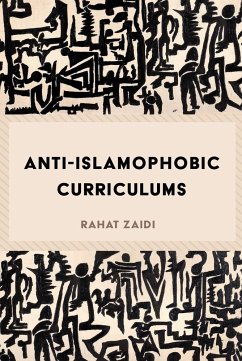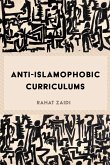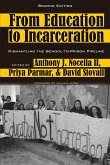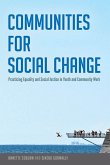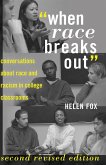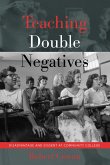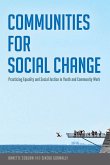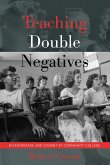Since patterns of immigration began taking hold, one of the primary goals of any immigrant to, or citizen of, North America has been to be accepted and to adapt to a new culture and learn to live a productive and healthy life. There are many different means by which people endeavor to accomplish this. One of these is through education, a platform that has been, and should continue to be, a principal path to achieving this goal. The field of education has also become one of the primary forums for provoking and questioning societal norms and is a powerful means towards achieving the vision of a multicultural society capable of living, working, and playing in harmony.
Anti-Islamophobic Curriculums presents a specific curriculum to help teachers and young learners gain more awareness of cultures much different from theirs. Anti-Islamophobic Curriculums also endeavours to decrease sociophobic reaction toward cultures that are unfamiliar and to acquaint learners with a curriculum beyond what has traditionally been their predominant English/French/Indigenous experience. While the conclusions this book draws are applicable to any culture, the curriculum presented here emphasizes the Islamic culture and, through the educational process, aims to mitigate the sociophobic reaction its members often encounter.
Anti-Islamophobic Curriculums presents a specific curriculum to help teachers and young learners gain more awareness of cultures much different from theirs. Anti-Islamophobic Curriculums also endeavours to decrease sociophobic reaction toward cultures that are unfamiliar and to acquaint learners with a curriculum beyond what has traditionally been their predominant English/French/Indigenous experience. While the conclusions this book draws are applicable to any culture, the curriculum presented here emphasizes the Islamic culture and, through the educational process, aims to mitigate the sociophobic reaction its members often encounter.
"<> is a thoughtful and practical book that addresses the challenges of promoting critical engagement with questions of diversity and difference in the classroom. How can teachers and students come to new understandings about why social phobias exist and find ways to challenge fear and indifference of otherness, in particular, the growing negative perceptions of Muslims and Arabs in the western world? Rahat Zaidi's book reflects on current rhetoric around multiculturalism in Canada and poses the central question of how societies can reconstruct themselves and redefine their national identities. She suggests that societal changes can be brought about through enlightened discourse in schools underpinned by 'culturally sustaining pedagogy' that seeks to embrace literate, linguistic, and cultural pluralism within the school system. Her book offers promising examples of educational resources that address Islamophobia in meaningful ways, and can help teachers and students to confront socio-political realities in our changing world and demystify harmful stereotypes." -Ingrid Johnston, Professor Emerita, Department of Secondary Education, University of Alberta

